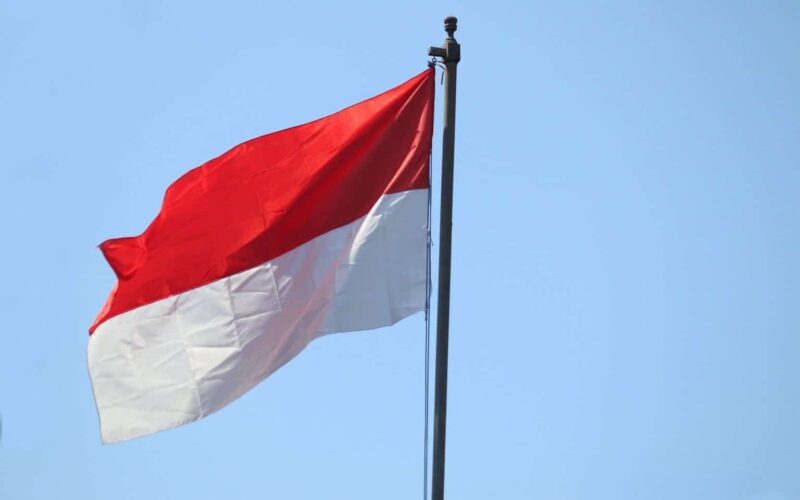The Indonesian government has recently announced a new regulation that will require all cryptocurrency exchanges operating within the country to register with the newly established Commodity Future Exchange (CFX). The CFX, launched earlier this year, is the world’s first national bourse dedicated to digital assets. Its primary goal is to provide a safer environment for crypto investors while also serving as a platform to track digital asset transactions for taxation purposes.
This move comes as a response to the surging demand for cryptocurrencies in Indonesia. According to official data from 2023, the number of registered crypto traders in the country exceeds that of stock traders. Recognizing this trend, the Indonesian Commodity Futures Trading Supervisory Agency (Bappebti) introduced regulations in 2019 requiring all crypto exchanges to seek authorization.
CFX Registration Process
Under the regulations, cryptocurrency exchanges that have been operating legally since 2014 are categorized as “prospective crypto exchanges.” However, even these exchanges must undergo a rigorous process to gain recognition as legitimate entities associated with the CFX. The registration process involves seeking authorization from self-regulatory organizations like the CFX, followed by scrutiny from Bappebti to assess the company’s suitability to operate. Only after meeting all requirements can a crypto exchange be issued a crypto exchange license (PFAK).
Failing to complete the new procedures and registrations within the specified timeframe will result in the inability to operate in Indonesia. The deadline for registration is set for August 17, 2024. Currently, there are 29 prospective crypto exchanges in Indonesia that will need to obtain authorization.
Implications for Cryptocurrency Regulation
It is worth noting that a regulatory overhaul is expected in 2025. This overhaul will shift the oversight of cryptocurrency regulation from Bappebti to Indonesia’s Financial Services Authority (OJK). This change could potentially reclassify cryptocurrencies as securities, which may have implications for taxation.
Currently, crypto assets are subject to Value Added Tax (VAT) and Income Tax (PPh) as commodities. However, reclassification as securities could lead to a reduction in taxes. This shift in classification will be closely watched by investors and crypto enthusiasts in Indonesia.
“We are preparing blockchain experts, we are preparing cybersecurity experts, we are preparing crypto experts.” – Gibran Rakabuming Raka, vice presidential candidate
Looking ahead, Indonesia has ambitious plans in the digital revolution. Bali Governor Wayan Koster has suggested tightening regulations around payments to make it harder for foreign tourists to pay with crypto. This move aims to ensure the country stays on top of potential risks associated with cryptocurrencies.
Gibran Rakabuming Raka, a vice presidential candidate in the upcoming Indonesian election, expressed a desire to accelerate Indonesia’s leadership in the digital revolution by cultivating expertise in blockchain and cryptocurrencies. The government aims to prepare blockchain, cybersecurity, and crypto experts to foster innovation and growth in the sector.

















